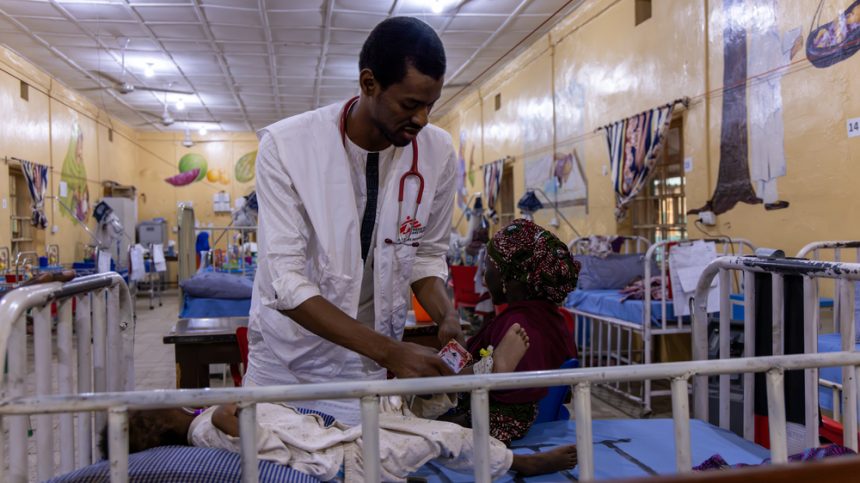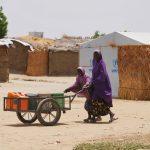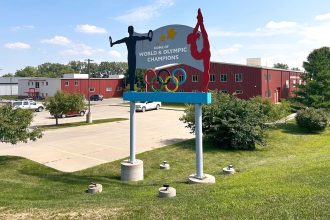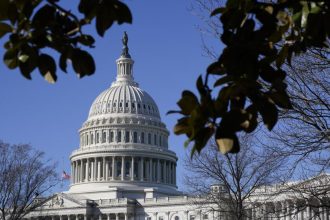Médecins Sans Frontières, also known as Doctors Without Borders, has expressed concerns over rising cases of cholera in Zamfara State, disclosing that no fewer than 1,500 suspected cases had been recorded in just seven weeks at three facilities of the Ministry of Health.
According to MSF, the outbreak, which began in mid-June, is spreading rapidly amid insecurity, mass displacement, and poor access to clean water, which has been worsened by the ongoing rainy season.
“This outbreak is unfolding in a context of insecurity, displacement, and limited access to clean water and sanitation – exacerbated by the rainy season,” MSF’s medical coordinator in Nigeria, Dr David Kizito,said.
To curb the spread, MSF said it had scaled up water, sanitation, and hygiene interventions, alongside health promotion campaigns, in partnership with the Zamfara State Government and other humanitarian agencies.
The state’s Public Health Emergency Operations Centre was activated on July 3.
MSF said it had expanded cholera treatment services across the state, adding that hotspot areas, such as Shinkafi, Zurmi, and Talata Mafara, where access to safe drinking water is critically low, received priority attention.
It said, “From June 16 to August 5, the Cholera Treatment Centre in Zurmi recorded 562 suspected cases, mostly from Yambuki, Kadamusa, and Zurmi town. Shinkafi General Hospital treated 401 suspected cases between July 11 and August 5, while the Talata Mafara Cholera Treatment Unit documented over 600 cases between July 1 and August 8.”
MSF’s head of mission in Nigeria, Dr Ahmad Bilal, urged residents to adopt preventive measures, including boiling water before drinking, regular handwashing, eating freshly prepared meals, avoiding open defecation, and staying up to date on vaccinations.
The organisation also called for decentralised oral rehydration points and for all primary healthcare centres to be equipped to handle mild and moderate cases, enabling quicker treatment and reducing complications.
In addition, MSF advocated for urgent cholera vaccination to halt transmission.
“As cholera continues to threaten lives across Zamfara, MSF remains committed to working alongside communities, health authorities, and other partners to ensure timely treatment, prevention, and support, Kizito said. “No one should die from a preventable disease.”









